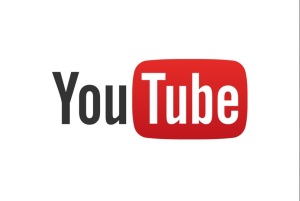 Music videos and music-related video content account for just 4.3% of overall YouTube traffic, according to data now released by San Francisco-based Pexeso. By stark comparison, gaming-related content accounts for 33.4% of the total, which mirrors the massive draw of channels like Twitch.
Music videos and music-related video content account for just 4.3% of overall YouTube traffic, according to data now released by San Francisco-based Pexeso. By stark comparison, gaming-related content accounts for 33.4% of the total, which mirrors the massive draw of channels like Twitch.
Entertainment-focused content also dwarfs music content, according to the data, with an 18.9% chunk. Random content uploaded by people, bloggers, and YouTube personalities also beat music content, accounting for 14.3% of the pie. Other categories like Sports and Film & Animation also trump music.
Source: Music Is Just 4.3% of YouTube Traffic, Research Shows








 ording to the scuttlebutt in copyright policy circles, the U.S. Copyright Office could release its findings from its
ording to the scuttlebutt in copyright policy circles, the U.S. Copyright Office could release its findings from its